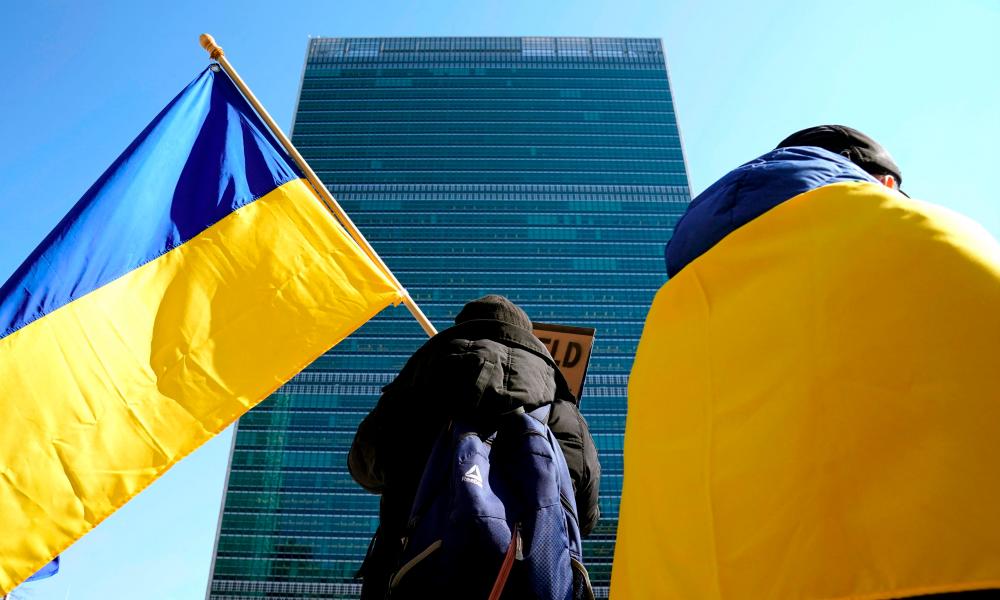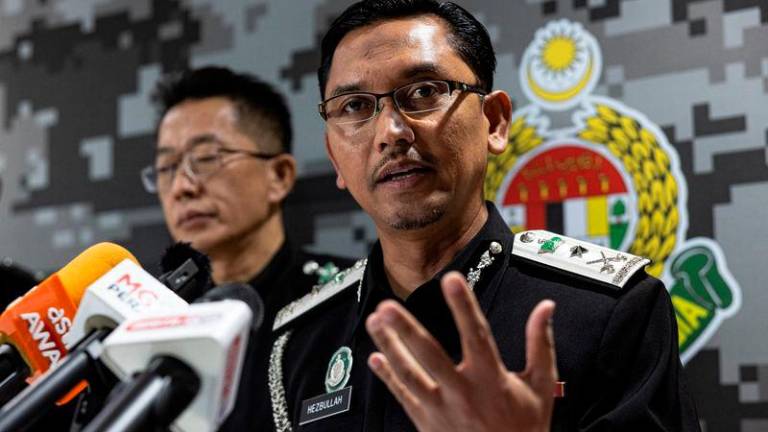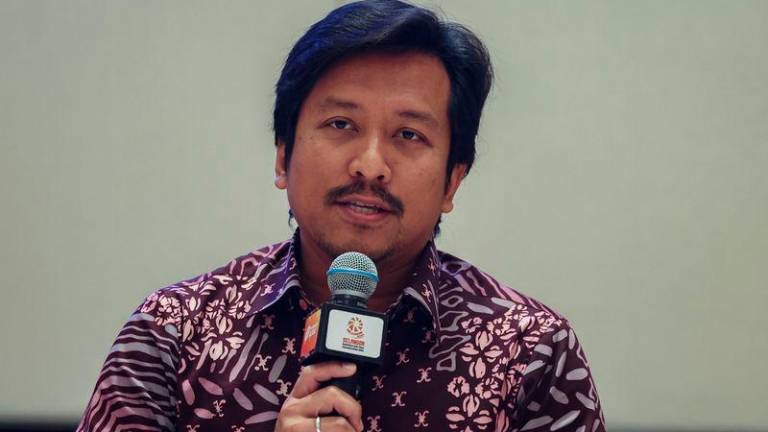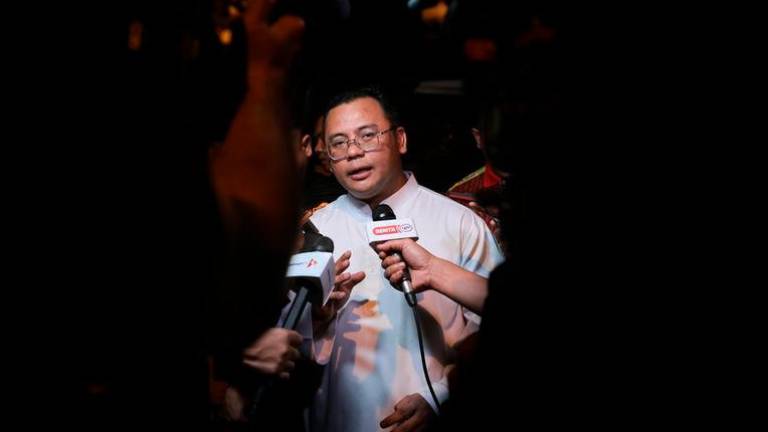THE war in Ukraine can be viewed from a number of perspectives. Whatever the perspective, the big winner is the global – in fact, mainly Western – arms industry, which undoubtedly will receive a massive injection of new orders and renewed capital inflows.
According to the Stockholm International Peace Research Institute (Sipri), sales of the top 100 arms manufacturers totalled US$531 billion (RM2.24 trillion) in 2020. Some 54% of this was accounted for by 41 US companies in Sipri’s top 100. US company Lockheed Martin alone sold more than US$67 billion worth of weapons in 2021 – a sum bigger than the gross domestic product of Cambodia and Laos combined.
From 2016 to 2020, US arms exports accounted for 37% of the world’s total and were 15% higher than in 2011 to 2015.
Other Western countries including France, Germany, Britain, Spain and Italy accounted for a smaller but significant share of global sales.
Western dominance in this sector, which plays a crucial role in Western hegemony, is now challenged by Russia, North Korea, China, India, South Korea, Iran and Turkey.
A key aspect of the battle for supremacy in Ukraine between the US, the North Atlantic Treaty Organisation (Nato) and Russia – missing from Western media analysis – is related to the nexus between military and political power, and the drive by the West not only to kill off any challenge to its hegemony but also to take advantage of the unfolding tragedy to whip up sentiment against old and new enemies. This in turn is expected to further help expand their arms and military industries and benefit the political elites that have profited and have been sustained by it since the end of the World War II.
Can non-Western countries make a difference
Apart from recognising the dangers of participating in a Western-inspired arms race, what can non-Western nations do about the ongoing war to ease or stop the suffering and destruction, and the ripple effects on geopolitics and the international security order?
Malaysia voted in favour of the resolution entitled “Aggression Against Ukraine” in the United Nations’ (UN) 11th Emergency Special Session during its General Assembly on March 2.
In our explanation of vote, Malaysia reiterated its commitment to the principles and purposes of the UN Charter, and to the inviolability of the fundamental principles of territorial integrity and sovereignty of a country.
“While Malaysia may not have agreed to every single word in the resolution, Malaysia supported and voted in favour of it, in line with the country’s long-standing position on the need to consistently uphold the principles of sovereignty, independence and territorial integrity of states – principles which are sacrosanct to Malaysia.
“Underlining its strong and close relations with both Ukraine and Russia, Malaysia believes that the differences and legitimate security concerns of both parties, given the complex geopolitical context, must be addressed through dialogue and peaceful means,” Wisma Putra further noted in the statement.
Forging a new peace coalition
Building on the explanation, we propose that the country’s position on the ongoing war in Ukraine should be augmented with a further initiative to bring an end to the war.
During the UN General Assembly meeting to discuss Russia’s “Aggression against Ukraine”, 35 countries abstained from voting although a majority of countries voted to approve it.
The 35 nations, working within the UN as well as outside it, can be the nucleus of a new peace initiative that can begin work immediately to bring about a truce in the ongoing war, and secure the withdrawal of Russia’s military forces in the cities and regions of Ukraine that are not part of Crimea, Donetsk and Luhansk.
Leading this initiative, together with Malaysia and other Asean members, can be countries from Asia, Africa and Latin America, whose voices have long been ignored or marginalised in the global geopolitics dominated by the West.
The joining of the voices for peace from some of the largest nations, including Brazil, China, India, Indonesia, Iran, Mexico, Turkey, Vietnam and other countries of the non-aligned world to bring a successful conclusion to the war between Ukraine and Russia may just be the game changer that the world needs to finally break free from the shackles of the old order that has been dominated by Western powers and their armament, and military industries and political interests.
In addition to rallying the governments of the world, Malaysia should call on global anti-war, religious, socio-economic and other peace organisations to join an international and neutral initiative for a peaceful resolution of the war in Ukraine and a return to reconciliation, and a more secure weapons-free world.
Lim Teck Ghee’s Another Take is aimed at demystifying social orthodoxy. B.A. Hamzah is a student of geopolitics and international law. Comments: letters@thesundaily.com










